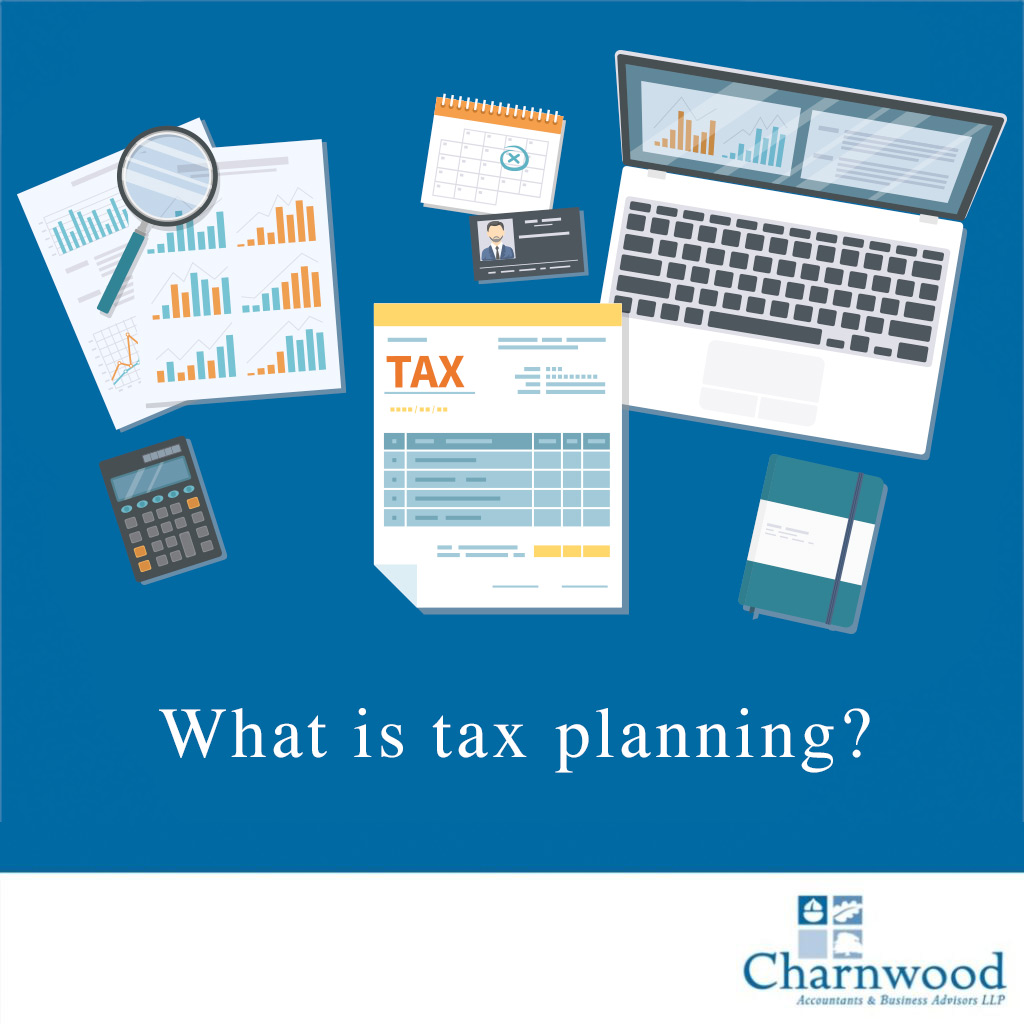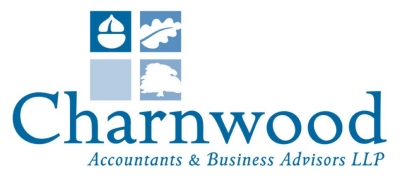
Tax planning is the legal arrangement of your financial affairs to ensure your tax liabilities are minimised. It is important to note this is not tax avoidance; everyone has to pay some form of tax. Whether you are self-employed, own a limited company or you’re a partner, there are certain areas and reliefs to check to make sure your tax planning is efficient.
Below are some main tax planning areas to consider:
- Choosing a year-end date early enough in the tax year to maximise earning profits.
- Income tax: depending on your level of income and expenses, you may be eligible for certain types of tax relief, such as the Marriage Allowance, if you have a low income.
- Corporation tax: a company pension scheme could save your company up to 25% in corporation tax. As employer pension contributions count as an allowable business expense, this is a popular form of tax relief if the scheme has been set up correctly. Your business structure will help to determine the types of corporation tax opportunities available to your company.
- Capital gains tax: if you are selling all or part of your business, or if you are selling business assets, there is relief available. Business Asset Disposal Relief (formally Entrepreneurs Relief) can be used for the material disposal of business assets, which is applicable to sole traders, limited companies and partnerships.
- R&D tax relief – you may be able to apply for R&D Tax Credits, which are applicable to certain activities. If your business is making improvements to systems, products or services, and there is a scientific or technological advance, you may be eligible.
- Tax-efficient investments – such as ISAs, Enterprise Investment Schemes (EIS), Seed Enterprise Investment Schemes (SEIS) and Venture Capital Trusts (VCTs).
- Protecting an appreciating asset – from future inheritance tax; for a business this may form part of your succession planning strategy.
Here are some red flags to make sure you do not fall into the area of artificial tax avoidance:
- If a tax scheme sounds too good to be true, it probably is.
- A tax haven is used without any sound commercial reason.
- Disproportionate tax benefits for commercial activities.
- Money going in a circle or through certain loans.
- Inappropriate use of pension funds
If you are illegally reducing your tax liabilities by non-disclosure of income or falsifying figures, you could be prosecuted for tax evasion and the penalties are severe. Standard convictions for evaded income include a six-month prison sentence and a fine of up to £5,000. For more serious cases, you could face several years in prison and an unlimited fine. For professional tax compliance advice, speak to one of our accountants.
It’s also important not to leave your tax return to the last minute. Early submission of your self-assessment tax return will ensure you are fully aware of the tax liability in advance, and it gives you more time to reconcile any queries. For more benefits, read our previous blog – 10 Reasons to Get Your Tax Return Information to Your Accountant Early This Year.
If you need advice on any aspect of tax planning for your business or personal estate, please get in touch by emailing: accountants@charnwoodaccountants.co.uk
Sources:
